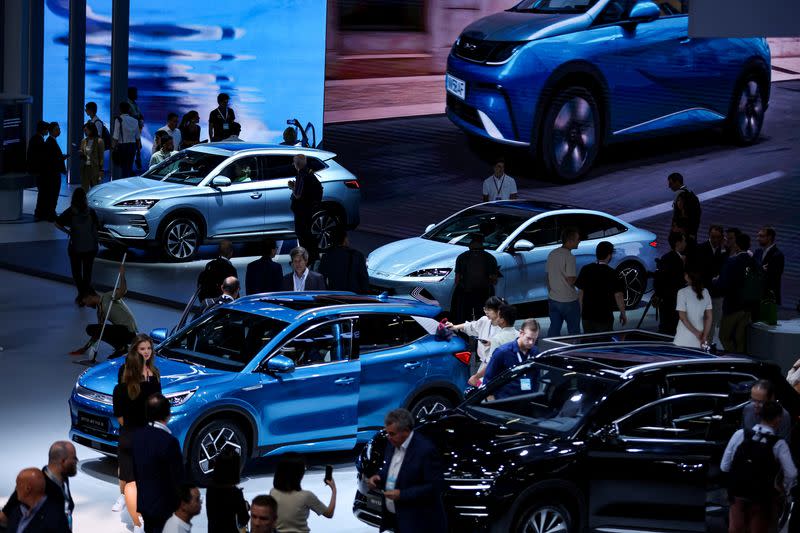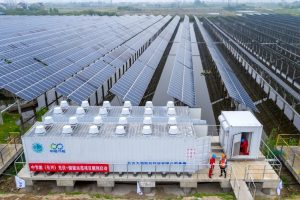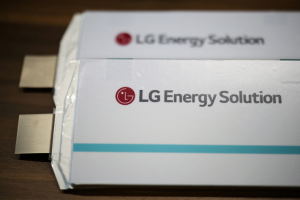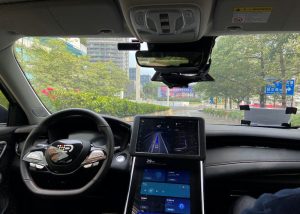European governments are divided and uncertain on whether to impose additional tariffs on electric vehicles built in China, partly because many are yet to decide how the issue should be resolved.
Germany wants to stop the tariffs, because its top carmakers made a third of their sales in China last year, according to a government source, but France is a firmer backer of the move.
The EV subsidy issue if the EU’s largest trade case ever and with Beijing threatening wide-ranging retaliation, it has become a challenge for Brussels. Other countries may be wavering, but a majority are still weighing the pros and cons of the escalating trade spat, according to an informal poll by Reuters of EU governments.
ALSO SEE: US Planning ‘Aggressive’ Rules on Data Security for Chinese EVs
The issue will be put to members in an advisory vote in the coming weeks, the first official test of support in a landmark case for the Commission. The EU initiated the probe without an industry complaint, the first such trade case of this kind.
The bloc is set to confirm on Thursday provisional duties of up to 37.6% on Chinese brands such as BYD, Geely and SAIC, as well as on China-made models of Tesla, BMW and other western automakers.
EU members will also vote in October if the Commission proposes multi-year tariffs at the end of its investigation. These would be blocked if a “qualified majority” if at least 15 countries representing 65% of the EU population votes against them.
France, Italy and Spain, with 40% of the EU population, have indicated they would back tariffs.
“Europe must defend itself if our companies are harmed and do not compete on equal terms,” Spain’s economy ministry said.
However, the Czech Republic, Greece, Ireland and Poland were still debating the issue, official and government sources said, while Belgium has a caretaker government and the Dutch only got a government this week.
‘It depends on what Beijing offers’
Germany has stressed the need for a negotiated solution with Beijing. Its automakers have said tariffs are the wrong approach, with the negative effects outweighing any benefits.
Increasing the cost of EVs for consumers undermines the EU’s goal of being carbon-neutral by 2050, opponents say. Tesla has said it will hike prices.
Beijing’s retaliation could bring extra tariffs on EU exports of cognac, pork or luxury cars.
The Commission says duties are needed to counter cheap loans, land and raw materials and other subsidies and the goal is a level playing field, not shutting Chinese car makers out, as the United States’ planned 100% tariff is likely to do.
Tariffs could also give the EU leverage in negotiations with Beijing and push producers to make cars in the EU.
Hosuk Lee-Makiyama, director of think tank the European Centre for International Political Economy, said clear majorities either way could embolden tariff opponents or supporters. He added final positions at the end of the investigation will depend on what Beijing offers in negotiations.
“If we go to a vote then, it means negotiations have failed,” he said.
712-page report on China’s state funding
The EV investigation could just be the start for the EU as it toughens its stance on Beijing, as its green and tech companies trail global rivals, interviews with half a dozen trade experts show.
They point to a 712-page updated report on Chinese state interference and subsidies released in April as the strongest sign yet that Brussels means business.
The document is by far the most extensive undertaken by the Commission, showing it has learned a lesson from an investigation into Chinese solar panels a decade ago, when it did not impose tariffs and the EU’s own industry collapsed.
It offers proof to back its assertions that China does not play by the same rules and includes research into a wider range of industries, beyond traditional ones such as steel, including semiconductors, telecom equipment and renewable energy.
That leaves the door open to future cases.
“This is a report to set the scene and show how and why Europe is changing its policies,” Alicia Garcia Herrero, a senior fellow at Brussels-based economic think tank Bruegel, said. “To be frank, it’s also a message especially for the German chancellery.”
- Reuters with additional editing by Jim Pollard
ALSO SEE:
EU And China Agree to Negotiations on EV Tariffs, Minister Says
China EV-Makers Eat Into Japan, Korea’s Markets in SE Asia
China EV Firms Scaling Back European Plans Over Subsidy Probe
European Farmers Fear Trade War With China Over EV Tariffs
Chinese Carmakers Call For 25% Retaliatory Tariffs on EU Cars
China’s Probe Into EU Pork ‘Dumping’ Seen as Trade Retaliation
EU Tariff Fallout: China Warns of WTO Suit, Tesla to Hike Prices
As EU Eyes Tariffs, European States Chase China EV Factories






















